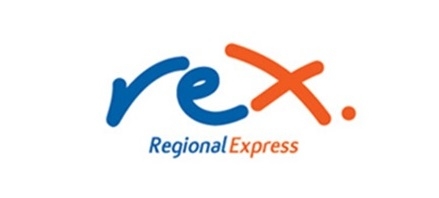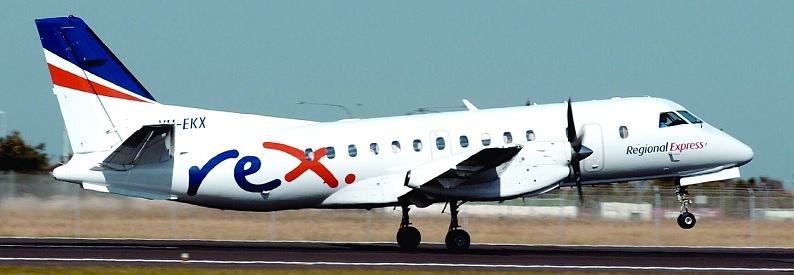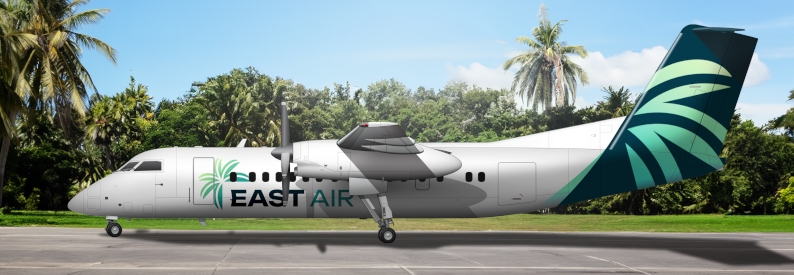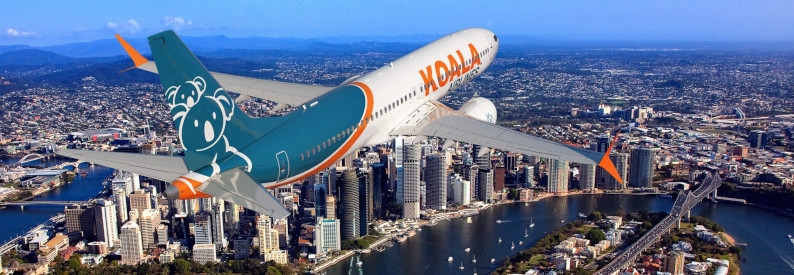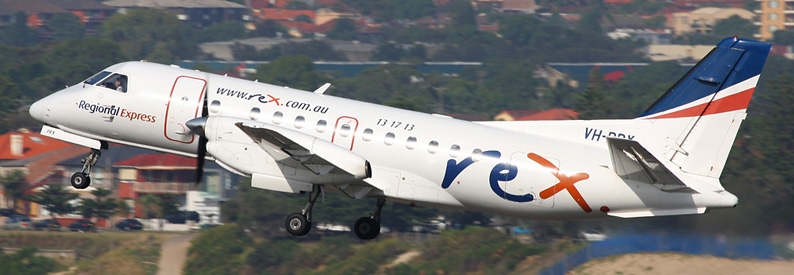The Regional Aviation Association of Australia (RAAA) has asked the Australian government to consider regional airline operators during the Rex - Regional Express (ZL, Wagga Wagga) sale process. Earlier this week, the government said it would step in and buy the insolvent airline if no other party did. Rex filed for voluntary administration in July.
The prospect of a nationalised regional is raising alarm among Rex's existing competitors, many of which are members of the RAAA. "A government-owned airline is not needed to keep flying to the regions," Sharp Airlines (SH, Hamilton, VI) said via a LinkedIn post. Sharp Airlines competes with Rex on the Melbourne-King Island route, albeit out of different Melbourne airports.
RAAA CEO Rob Walker told Sky News this week that his member airlines already competed with Rex on 21 of the 46 routes that it operates. Many of the remaining sole operator status routes are regulated or semi-regulated, where Rex won a government contract to provide a subsidised scheduled passenger service. Relatively few routes are at risk of having no services if Rex is liquidated. Walker says that number will reduce further if the government works with RAAA member carriers instead of buying Rex.
Michael McConachy, managing director at Nexus Airlines (GD, Kununurra), told the Australian Financial Review that his airline, which operates DHC-8-Q400s, could step in and take over Rex's four regulated routes in Western Australia. There would be little to no impact on prices or competition.
Administrator Ernst & Young has sold some Regional Express Holdings business units but has failed to sell the core business comprising scheduled turboprop operations to regional and remote towns. Ernst & Young is starting a second sales campaign later this month.
"It's obvious there is no immediate buyer," said Walker. However, he argues that some of his members have the capability and, "with enough notice," the capacity to step into the breach should Rex be liquidated. The RAAA has over 40 members, although only about 25% of those could readily take on regular passenger transport services.
Until recently, the Australian government had rebuffed the RAAA's requests for meetings to discuss "industry-led solutions" concerning Rex, but transport ministry officials have now agreed to talk. Neither of Australia's two main political parties can afford to let Rex fold and small, often isolated, towns lose air services. The political concern is behind the government's proposal to buy Rex if no one else will.
"What we're looking for is a level playing field," said Walker. "There aren't too many regional airlines that can compete against a government-owned airline. [...] Providing services to regional and remote communities continues to be challenging for all operators, and the potential government ownership of one regional airline could lead to an inequitable situation across the regional aviation industry."
